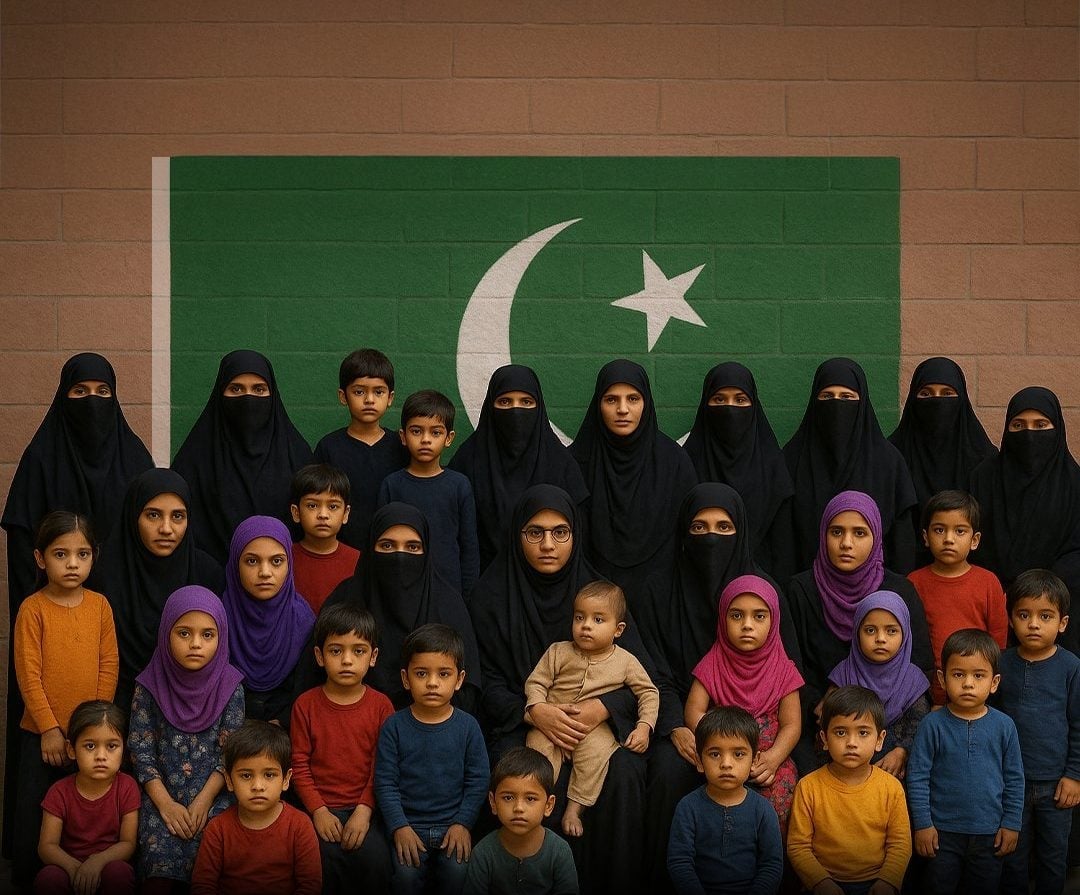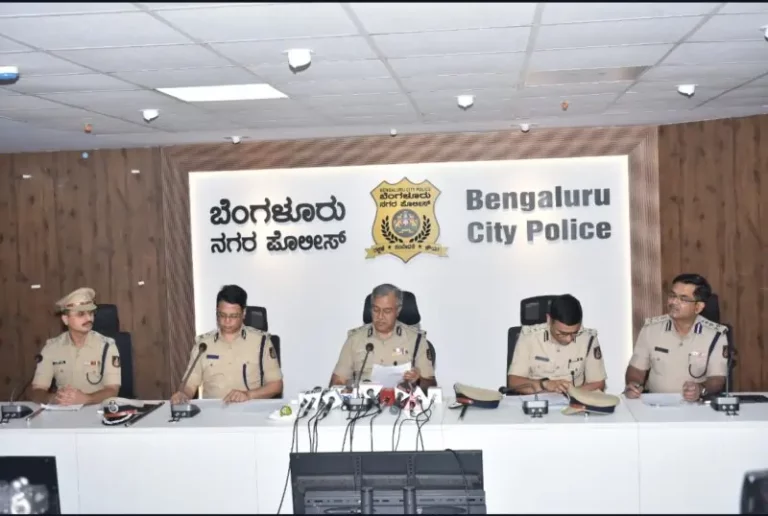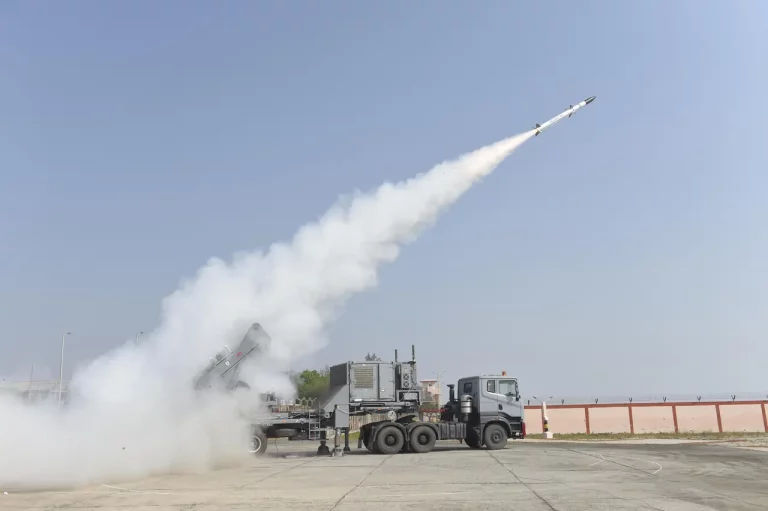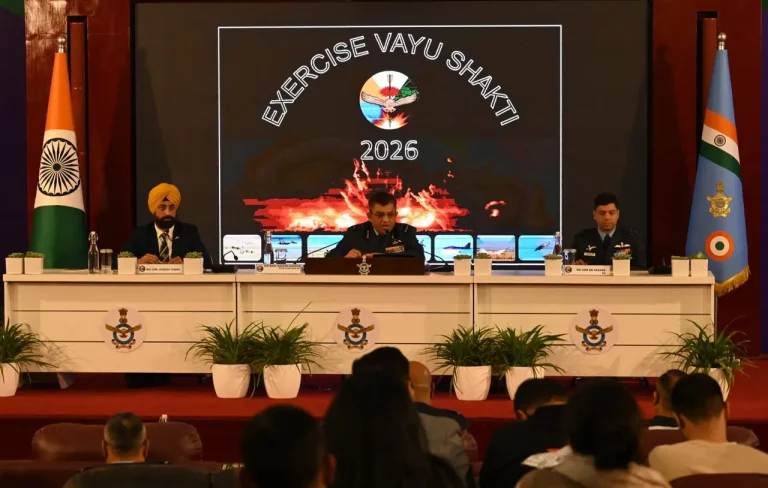The lives of 22 Pakistani women in Moradabad have recently come under scrutiny as they navigate a precarious existence marked by the absence of Indian citizenship. These women, married to Indian men and raising nearly 100 children, find themselves in a confusing legal situation despite possessing Aadhaar cards, ration cards, and long-term visas. Their status remains that of foreign nationals, casting them into a bureaucratic and legal limbo.
Having come to India following their marriages, these women have been residents for several years, actively engaging in community life and taking advantage of public welfare initiatives. However, India’s current legal framework does not recognize documentation such as Aadhaar, PAN, or ration cards as valid proof of citizenship. This was emphasized by authorities in a policy statement released on April 30, 2025, which clarified that only birth and domicile certificates are accepted as definitive evidence of Indian citizenship.
While the Citizenship Amendment Act (CAA) of 2019 allows for a pathway to Indian citizenship for non-Muslim minorities from Pakistan, Afghanistan, and Bangladesh who entered India before December 31, 2014, these 22 women, being Muslim and arriving after the cutoff date, do not qualify. Although Pakistani nationals married to Indian citizens may apply for citizenship after residing on a long-term visa for several years, the process is fraught with delays and bureaucratic obstacles.
Recent escalations in India-Pakistan relations have complicated their situation further. Following a terror attack in Pahalgam that resulted in the deaths of 26 civilians, predominantly tourists, both countries imposed visa restrictions on each other’s nationals on April 24, 2025. India’s accusation of Pakistan’s involvement in the attack led to a series of punitive measures, including suspending the Indus Waters Treaty and expelling diplomats.
This political climate threatens to stall the citizenship claims of these women, who remain non-citizens with limited rights. Although their children, born in India, may qualify for Indian citizenship under the Citizenship Act of 1955, their mothers grapple with the inability to vote, restrictions on property ownership, and limited access to social welfare programs.
Legal experts and activists have called for a reevaluation of the naturalization process for foreign spouses, particularly those who have integrated into Indian society and are raising children within the country. A lawyer familiar with the situations remarked, “You cannot have families split across legal boundaries within a single home,” framing the predicament as both a humanitarian and administrative issue.
Conversely, there are apprehensions about relaxing regulations without thorough security assessments, especially in light of heightened concerns regarding cross-border terrorism and illegal migration.
Caught in this complex intersection of legal and political challenges, these 22 women symbolize the human aspect of the Indo-Pak relationship, often overshadowed by broader geopolitical strategies. Living in a state of uncertainty, they find themselves socially and culturally embedded in India yet legally excluded, enduring a prolonged wait for a solution that would affirm their status in the nation they have come to call home.





